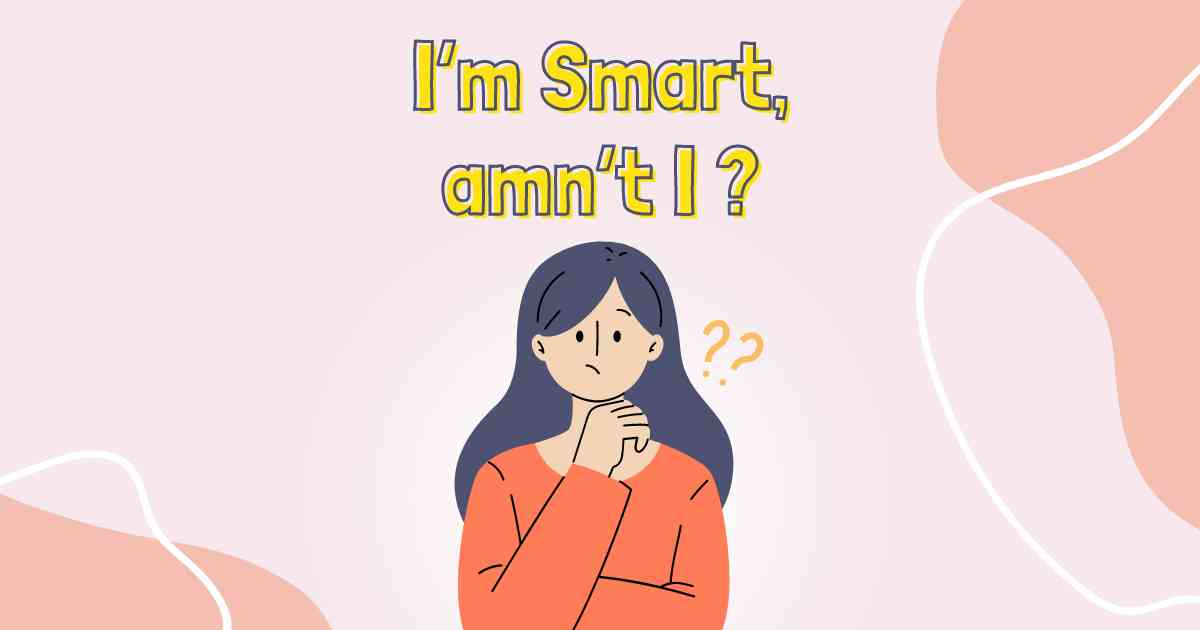Infinitives and gerunds are two forms of verbs that can act as nouns in a sentence. They are used in different ways, and understanding when to use each can help you speak and write more naturally in English.
| Pos. | Name | Points |
|---|---|---|
| There is no data yet |
Infinitives
Infinitives are the “to” form of the verb, such as “to eat,” “to run,” “to learn.” They can function as nouns, adjectives, or adverbs in a sentence.
Uses of Infinitives
1. As Subjects:
- “To read is enjoyable.”
- Here, “to read” acts as the subject of the sentence.
2. As Objects:
- “She likes to swim.”
- “To swim” is the object of the verb “likes.”
3. As Adjectives:
- “He has a lot of work to do.”
- “To do” modifies the noun “work.”
4. As Adverbs:
- “She went to the store to buy milk.”
- “To buy milk” explains why she went to the store.
5. After Certain Verbs:
Some verbs are often followed by infinitives, such as “want,” “decide,” “plan,” “hope,” “agree,” “promise,” and “learn.”
- “I want to learn Spanish.”
- “They agreed to help us.”
6. After Certain Adjectives:
Infinitives can follow adjectives to complete their meaning.
- “It’s easy to make friends.”
- “She is eager to start.”
7. After Question Words:
Infinitives can follow question words like “what,” “how,” “where,” “who.”
- “I don’t know what to do.”
- “She explained how to solve the problem.”
| Pos. | Name | Points |
|---|---|---|
| There is no data yet |
Gerunds
Gerunds are the “-ing” form of the verb used as nouns, such as “eating,” “running,” “learning.”
Uses of Gerunds
1. As Subjects:
- “Running is good exercise.”
- “Running” is the subject of the sentence.
2. As Objects:
- “She enjoys reading.”
- “Reading” is the object of the verb “enjoys.”
3. After Prepositions:
Gerunds are used after prepositions.
- “She is good at drawing.”
- “They talked about going on vacation.”
4. After Certain Verbs:
Some verbs are typically followed by gerunds, such as “enjoy,” “avoid,” “consider,” “finish,” “mind,” “suggest,” and “discuss.”
- “I enjoy swimming.”
- “He avoided talking to her.”
5. After Certain Expressions:
Gerunds are used after certain expressions like “can’t help,” “can’t stand,” “look forward to,” “be used to.”
- “I can’t stand waiting.”
- “She is looking forward to meeting him.”
| Pos. | Name | Points |
|---|---|---|
| There is no data yet |
Infinitives vs. Gerunds: Key Differences
Meaning Changes
Some verbs change meaning depending on whether they are followed by an infinitive or a gerund.
“Stop”:
- “He stopped smoking.” (He quit the habit of smoking.)
- “He stopped to smoke.” (He paused what he was doing in order to smoke.)
“Remember”:
- “She remembered to call.” (She didn’t forget to call.)
- “She remembered calling.” (She has a memory of calling.)
After Certain Verbs
Some verbs can be followed by either a gerund or an infinitive with no significant change in meaning.
“Start”:
- “He started to run.”
- “He started running.”
| Pos. | Name | Points |
|---|---|---|
| There is no data yet |
Daily Practice Makes Perfect
To master infinitives and gerunds, practice everyday by making sentences using both forms. Here are some clues:
1. Subjects:
Infinitive: “To travel is my dream.”
Gerund: “Traveling is my dream.”
2. Objects:
Infinitive: “I want to dance.”
Gerund: “I enjoy dancing.”
3. After Prepositions:
Infinitive: Not commonly used after prepositions.
Gerund: “She’s interested in learning.”
Tips for Mastery
Learn Common Verb Patterns
Familiarize yourself with which verbs are followed by gerunds and which by infinitives.
Practice Regularly
Write sentences using both forms to reinforce your understanding.
Read and Listen
Pay attention to how native speakers use gerunds and infinitives in books, articles, and conversations.
Conclusion
Infinitives and gerunds are essential parts of English grammar, each serving distinct functions and adding variety to your language. By understanding their uses and practicing regularly, you’ll gain confidence in using them correctly.
If you have any questions or need further examples, feel free to ask!


